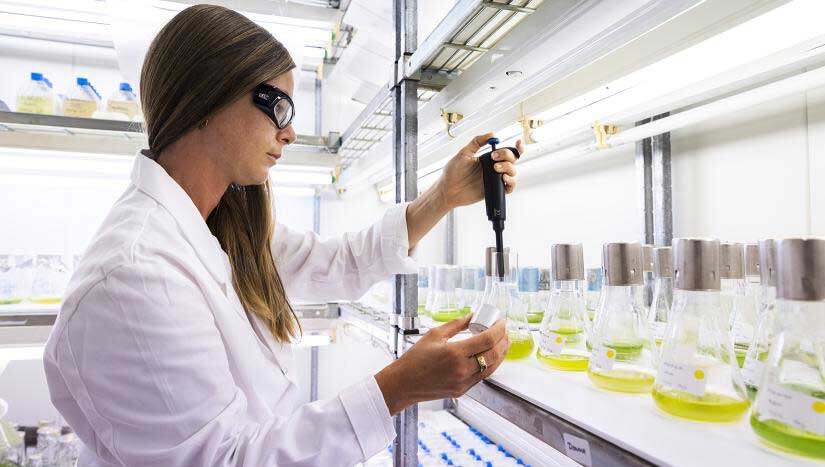UTS ranked in the top 20 universities globally for the second year in a row by an international index on sustainable development.


UTS has been named the 14th best performing university in the world – and fourth in Australia – in the 2023 Times Higher Education Impact Rankings.
UTS was ranked highly for its commitment to building partnerships for the goals (11th), responsible consumption and production (18th) and clean water and sanitation (21st).
This year, UTS was assessed alongside more than 1,500 universities from around the globe on their contribution in helping to achieve the United Nations 17 Sustainable Development Goals (SDGs).
UTS expanded its participation engaging in 11 out of the 17 SDGs, a boost from the six SDGs in 2022 when it was ranked 15th in the world.
UTS Vice-Chancellor, Professor Andrew Parfitt, cited the consistently high ranking as a prime example of UTS’s steadfast dedication to positive social impact.
“UTS WAS ONE OF THE FIRST AUSTRALIAN UNIVERSITIES TO HAVE SIGNED THE GLOBAL UNIVERSITY COMMITMENT TO THE UN SUSTAINABLE DEVELOPMENT GOALS”
– PROFESSOR ANDREW PARFITT, UTS VICE-CHANCELLOR
“We’re committed to providing leadership in this area and the Impact Rankings indicators validate and recognise this ongoing commitment to addressing the big global sustainability challenges,” he says.
“It is especially pleasing to see the significance of our pioneering partnerships recognised, and the result is an acknowledgement of the determination of our faculty and students to be frontrunners in the field of sustainable development.”
Participating in the Times Higher Education Impact Rankings for the second time, UTS underwent an evaluation of its research, stewardship, outreach, and teaching performance in alignment with the 17 UN SDGs.
Some of the UTS projects delivering more sustainable communities:
Pacific Connect Program evaluation seeks to facilitate an increased exchange of ideas and expertise between Australia and the Pacific, fostering improved collaboration and business opportunities, particularly in the implementation of digital technology to advance sustainable development. (SDG Partnership and Goals)
Circular economy food waste recycling programworks to process 50 tonnes of food waste on-campus per year into soil conditioner. This is then sent to local farming communities to grow garlic, which returns as food to UTS and other Sydney outlets. (SDG Responsible Consumption and Production)
Enlisting migration agents in the fight against modern slavery is an initiative that utilises the unique position of migration agents to identify and flag modern slavery red flags. (SDG Reduced Inequalities)



































